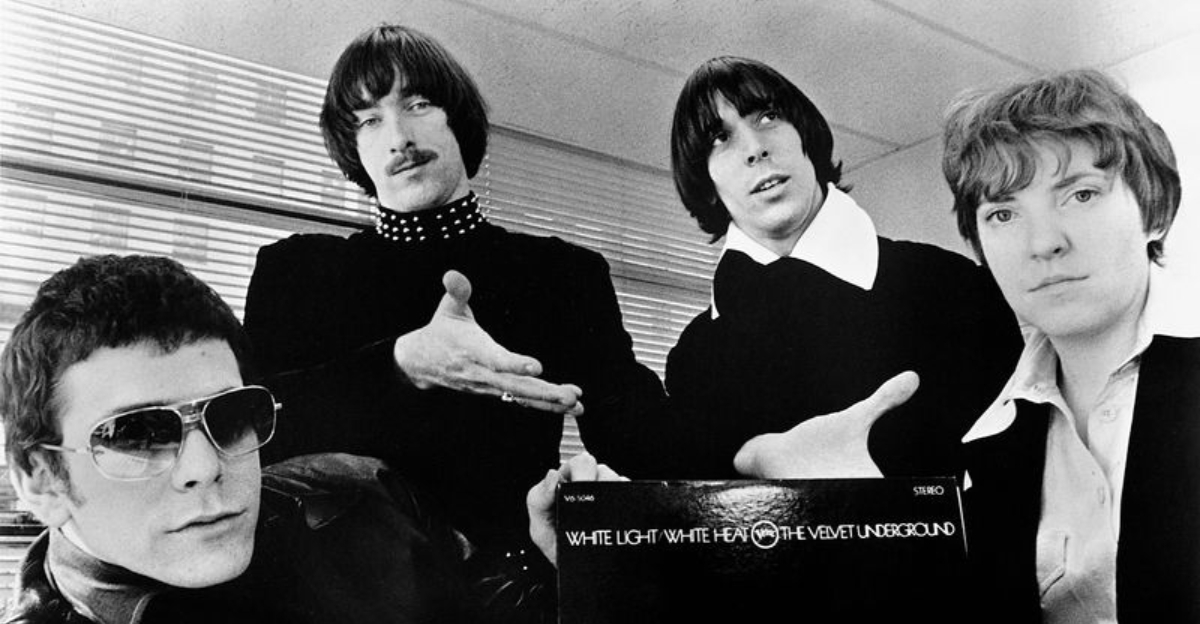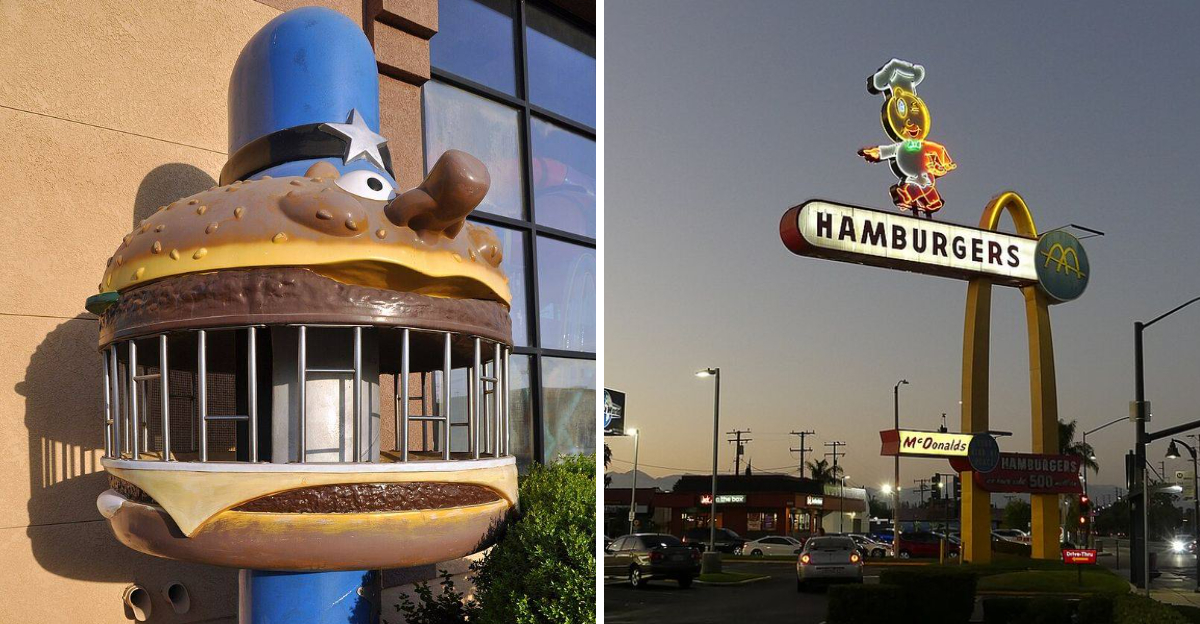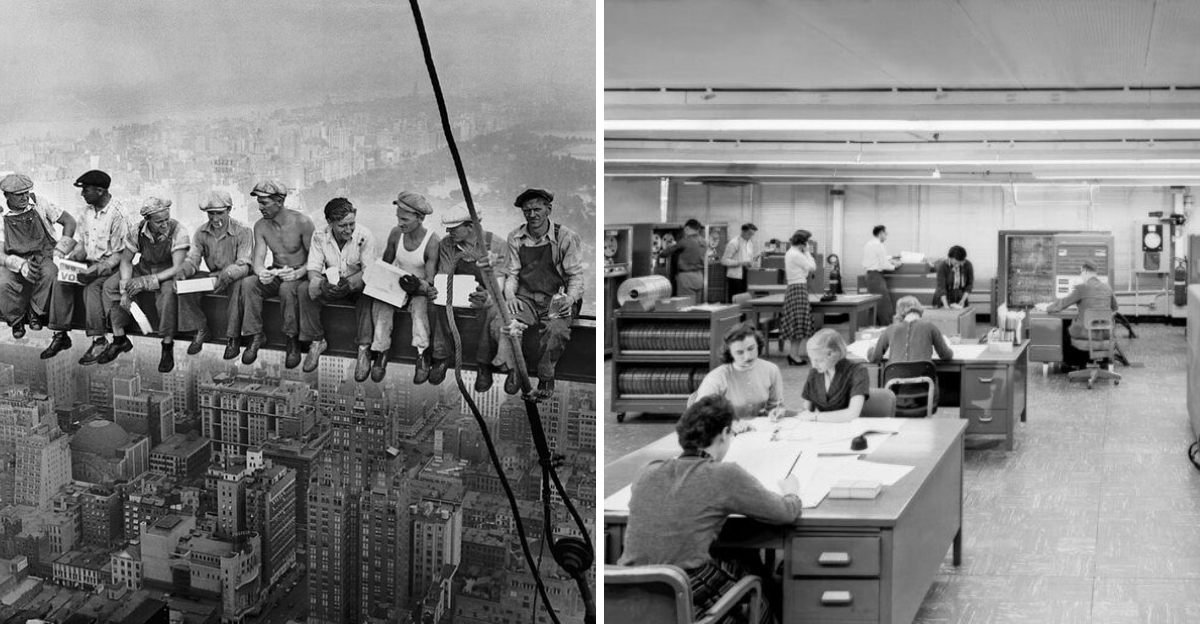15 Slogans That Captured The Spirit Of The 1960s
Change roared through the sixties like a wildfire, filling streets with chants, courage, and the scent of revolution. Voices rose from marches and protests, carrying dreams of freedom and peace through tear gas and triumph.
Slogans scrawled on cardboard and hearts alike sparked movements that refused to fade. Each phrase pulsed with rhythm and rebellion, proof that words, once set aflame by conviction, could rewrite an era’s very heartbeat.
Disclaimer:
Content reflects historical language and events from the 1960s. Some slogans and descriptions may include sensitive or offensive terms, and references to war, violence, or drug use. Inclusion provides context and documentation, not endorsement of any viewpoint or action. Details reflect research at publication and may change. Images are credited to creators and used under applicable licenses, including Pexels. Reader discretion advised.
1. Make Love, Not War

Peace activists created this phrase to challenge the Vietnam War and promote harmony over violence. Young people painted it on signs, wore it on buttons, and chanted it at rallies nationwide.
The message spread like wildfire because it was simple yet revolutionary. Instead of arguing with complicated politics, it offered an alternative vision everyone could understand and support wholeheartedly.
2. Turn On, Tune In, Drop Out

Leary road-tested the wording with media theorist Marshall McLuhan, later saying McLuhan helped sharpen the catchy cadence. In 1966 he even titled a spoken-word album Turn On, Tune In, Drop Out, then blasted the phrase into the mainstream at San Francisco’s 1967 Human Be-In.
In Leary’s own gloss, turn on meant awakening your senses and inner life, tune in meant aligning your actions with that awareness, and drop out meant a selective detachment from rote social scripts, not quitting life outright.
3. Black Power
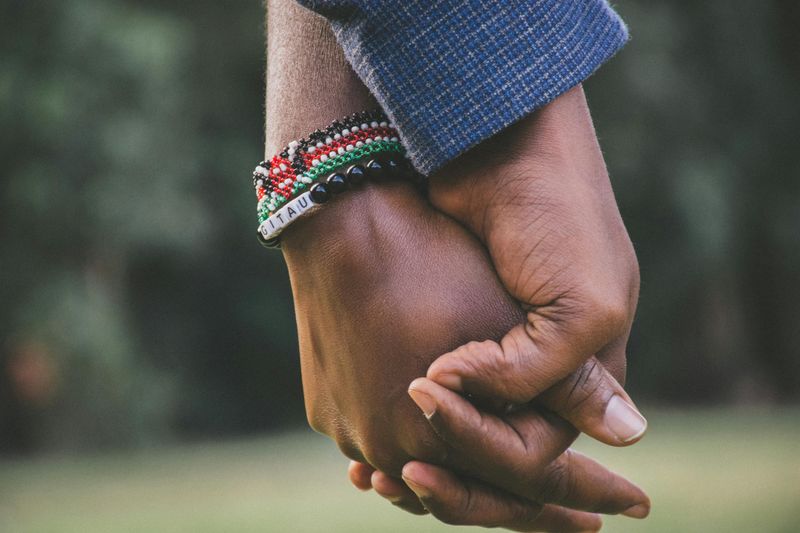
Stokely Carmichael introduced this electrifying phrase during a 1966 march, transforming the civil rights conversation forever. It called for African Americans to build economic and political strength within their communities.
The slogan sparked both celebration and controversy across America. While some saw empowerment, others felt threatened, but it undeniably gave Black Americans a bold declaration of self-determination and pride.
4. H**l No, We Won’t Go
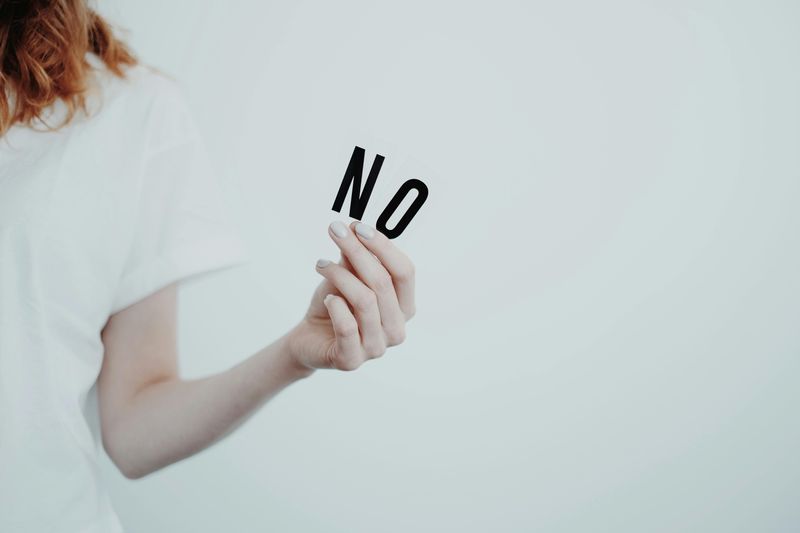
Draft-age men shouted this defiant phrase at anti-Vietnam War protests, refusing military service they considered unjust. The rhyme made it catchy, but the courage behind it made it legendary.
Thousands risked imprisonment by burning draft cards and fleeing to Canada. This slogan represented their collective stand against being forced to fight in a war they didn’t believe in whatsoever.
5. Sisterhood Is Powerful
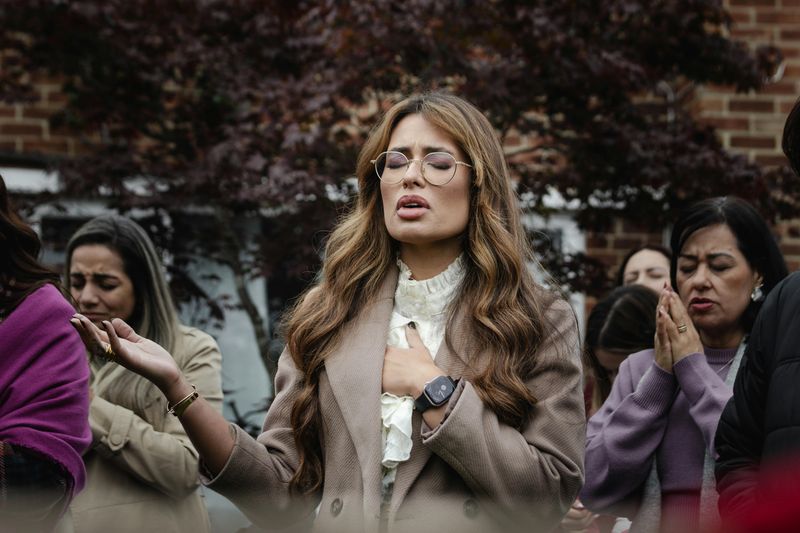
Feminists adopted this empowering phrase to highlight women’s collective strength when united for equality. It became the title of a groundbreaking 1970 anthology, but the saying itself emerged from late-60s activism.
Women realized that supporting each other created unstoppable momentum for change. The slogan reminded everyone that individual voices grow louder when joined together in common purpose and determination.
6. Question Authority

Baby boomers embraced this rebellious motto as they challenged parents, teachers, politicians, and every establishment figure imaginable. Why should anyone blindly follow rules that seemed outdated or unjust?
Universities became battlegrounds where students demanded explanations rather than obedience. This two-word command fundamentally shifted American culture toward skepticism, critical thinking, and demanding accountability from those in charge.
7. Give Peace A Chance
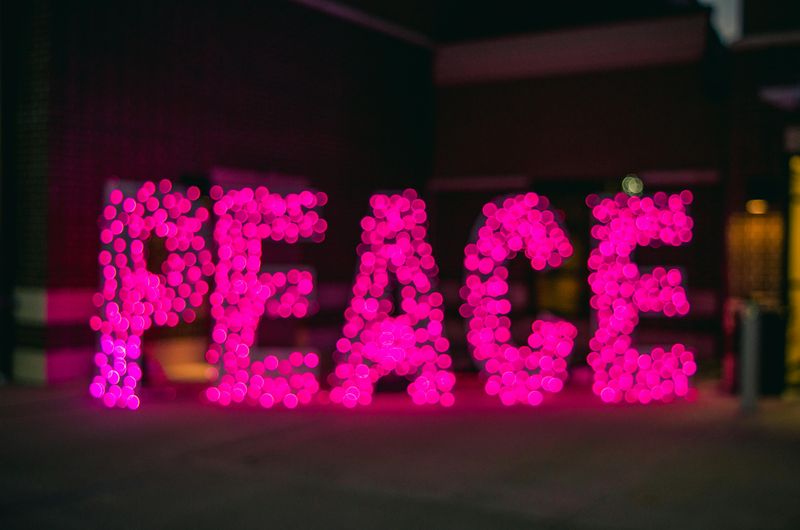
John Lennon wrote this song during his famous 1969 Bed-In protest with Yoko Ono, creating an instant anthem for peace activists worldwide. The melody was so simple that crowds could sing along immediately.
The phrase became shorthand for ending the Vietnam War and promoting nonviolence everywhere. Even people who’d never heard the Beatles understood its straightforward plea for trying diplomacy before bombs.
8. The Personal Is Political

Feminists realized that everyday struggles – housework, childcare, workplace discrimination, weren’t just personal problems but political issues requiring systemic solutions. Carol Hanisch popularized this phrase in essays circulating through women’s groups.
Suddenly, kitchen table conversations became revolutionary acts. Women understood that sharing their stories revealed patterns of oppression that legislation and activism could actually address and hopefully fix.
9. Power To The People
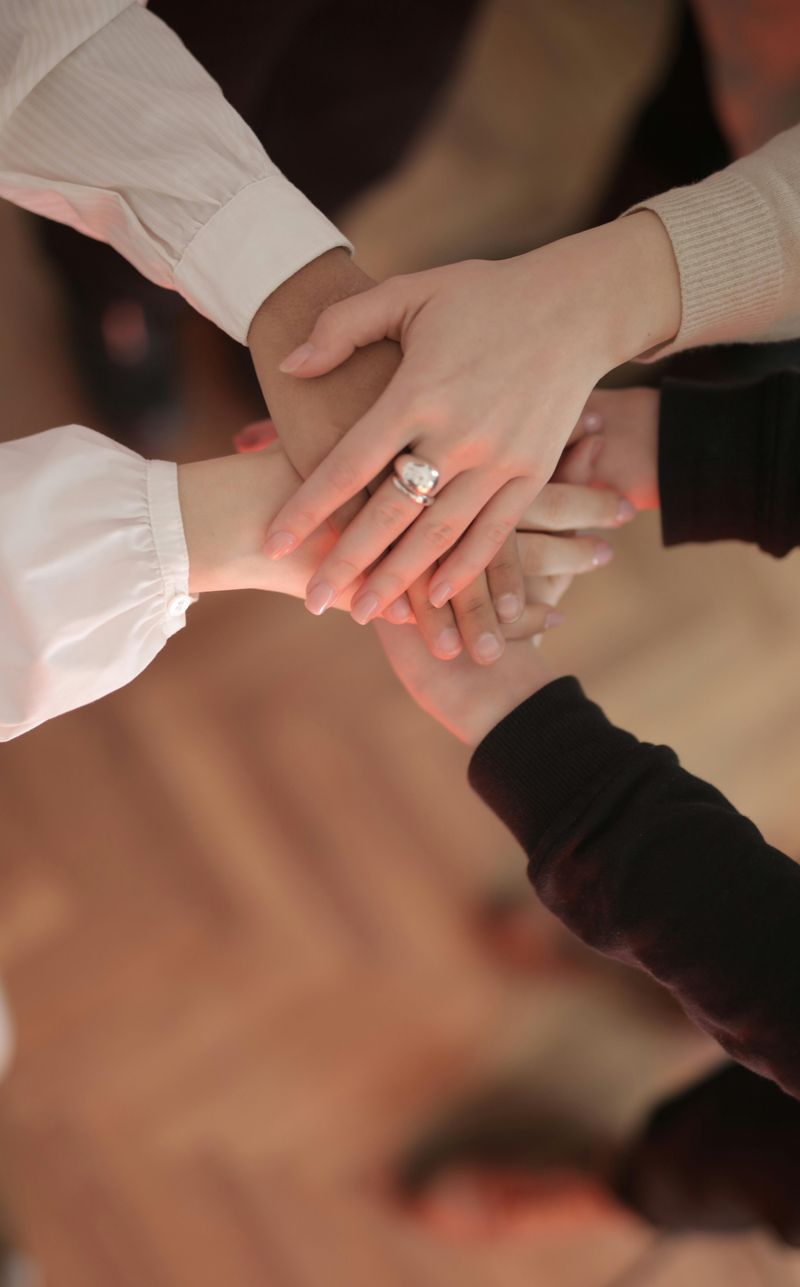
Activists across movements adopted this democratic cry, demanding that ordinary citizens control their own destinies instead of corrupt politicians or wealthy elites. John Lennon later turned it into a protest anthem in 1971.
The phrase resonated because it was inclusive – everyone could claim their piece of power. Whether fighting for civil rights, peace, or workers’ rights, this slogan united different struggles under one inspiring banner.
10. Do Your Own Thing

Hippies championed radical individualism with this laid-back motto, rejecting conformity and encouraging authentic self-expression. Whether that meant growing your hair long, starting a commune, or pursuing unconventional careers, society’s rulebook no longer applied.
The phrase celebrated freedom from judgment and cookie-cutter expectations. It gave permission to explore identity, creativity, and lifestyle choices without apologizing to anyone for being different or unique.
11. We Shall Overcome

Though rooted in earlier labor and gospel traditions, this song became the civil rights movement’s unofficial anthem throughout the 1960s. Dr. Martin Luther King Jr. and thousands of marchers sang it facing police dogs and fire hoses.
The simple melody and hopeful lyrics provided courage during terrifying moments. It promised that justice would eventually triumph over hatred, no matter how long the struggle lasted or how difficult.
12. B*rn, Baby, B*rn
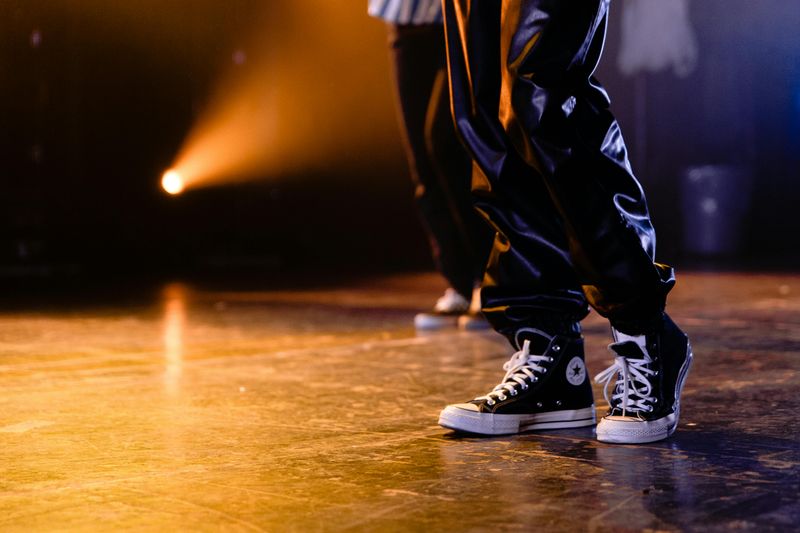
Radio DJ Magnificent Montague hyped records with “B*rn, baby! b*rn!” on KGFJ before August 1965; during the Watts uprising the line jumped from airwaves to street chants and headlines.
Accused of fueling unrest, Montague publicly urged nonviolence with a new rejoinder, “Learn, baby! learn!” Years later the words resurfaced in popular culture via the Trammps’ “Disco Inferno,” a dance-floor echo far removed from the riot-era context.
13. Flower Power

Hippies literally placed flowers in soldiers’ gun barrels during protests, turning this poetic phrase into unforgettable visual symbolism. Poet Allen Ginsberg helped popularize the term, which represented nonviolent resistance through beauty and love.
The concept suggested that gentleness could defeat violence, that nature trumped machinery. Though critics mocked it as naive, flower power moments created powerful photographs that still inspire peace activists today.
14. Keep On Truckin’

R. Crumb’s cartoon character strutting forward with exaggerated confidence became an underground sensation, symbolizing perseverance and forward momentum despite obstacles. The phrase meant keep pushing ahead, no matter what life throws your way.
Blues musicians had used similar expressions for decades, but Crumb’s visual made it a counterculture icon. It encouraged people to maintain their groove and stay positive through challenging times and struggles.
15. Don’t Trust Anyone Over 30

Activist Jack Weinberg sparked controversy with this age-based declaration during the 1964 Free Speech Movement at Berkeley. Young people felt that older generations had created wars, racism, and environmental destruction, then expected blind obedience.
Though extreme, the slogan captured genuine generational conflict during a decade when youth culture exploded. It represented the belief that fresh perspectives, not outdated traditions, would build a better future for everyone.




